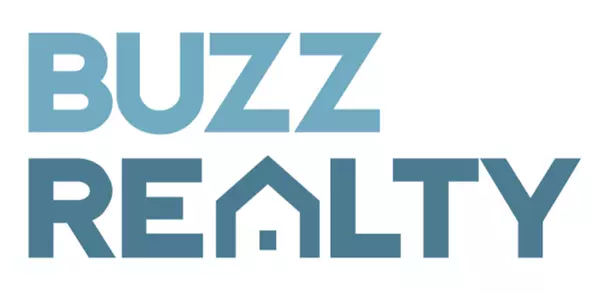Top 10 Must See Attractions in Brooklyn, NY

Brooklyn, NY is a borough known for its diverse culture, unique attractions, and trendy neighborhoods. Whether you are a first-time buyer, looking for a new neighborhood to call home, or simply seeking a fun weekend activity, Brooklyn has something for everyone. Here are the top 10 must-see attracti
Read MoreHow to Avoid Common Mistakes When Investing in Distressed Properties in Brooklyn, NY

Investing in distressed properties can be an excellent way to turn a profit in real estate. However, it can also be a risky endeavor if you're not careful. In this blog, we'll cover some of the most common mistakes that buyers and sellers make when investing in distressed properties in Brooklyn, NY,
Read MoreThe Most Common Real Estate Myths Debunked

The real estate industry is full of myths and misconceptions that can be confusing and misleading for buyers and sellers. With so much information available, it can be challenging to separate fact from fiction. In this article, we'll debunk some of the most common real estate myths and provide you w
Read MoreThe Impact of COVID-19 on NYC's Real Estate Market

The COVID-19 pandemic has had a profound impact on the New York City real estate market. The city has been hit hard by the virus, and many residents and businesses have been forced to adjust their plans and strategies accordingly. This has had a ripple effect on the real estate market, with sellers,
Read MoreThe Importance of Location in Real Estate: What to Look for

When it comes to real estate, one of the most important factors to consider is the location. Whether you are a buyer or a seller, the neighborhood in which a property is located can make a huge difference in terms of price, demand, and overall experience. In this blog post, we will discuss the impor
Read More10 Tips for First-Time Homebuyers in Brooklyn, NY

Purchasing a home for the first time is an exciting milestone. It’s an opportunity to finally have a place to call your own and build equity. However, the process can be overwhelming, especially in a place like Brooklyn, NY. With so many options and factors to consider, it’s essential to be fully pr
Read MoreThe Top Up-and-Coming Neighborhoods in Brooklyn, NY

Brooklyn, NY is a diverse and ever-changing borough that is home to many different neighborhoods. While some areas have already established themselves as popular and desirable places to live, there are plenty of up-and-coming neighborhoods in Brooklyn that are worthy of attention. In this blog post,
Read MoreThe Role of Technology in the Future of Real Estate: What to Expect

Technology has been transforming the real estate industry for decades, and the pace of change shows no signs of slowing down. From online property listings to virtual home tours, technology is making it easier and more convenient for buyers and sellers to connect and transact. In this article, we'll
Read MoreHow should I start the process of buying a home?

The best way to start the process of purchasing of home is to get a mortgage pre-approval from a licensed mortgage banker. But, before you do that, I suggest that you obtain a copy of your own credit report from the 3 national credit agencies (Transunion, Equifax, Experian) & review it for accuracy.
Read MoreWhat Makes a Good Real Estate Agent? Qualities to Look For

Buying or selling a home can be a complex and stressful process, but having a good real estate agent by your side can make all the difference. A good agent can help you navigate the market, negotiate the best deal, and provide valuable insights and advice throughout the process. But what exactly mak
Read More
Categories
Recent Posts










